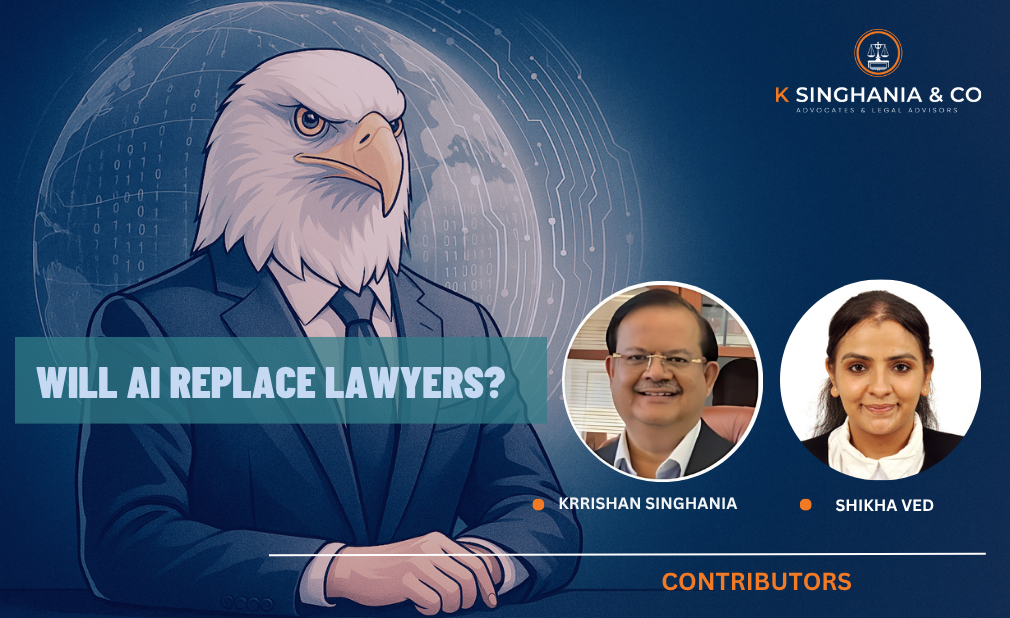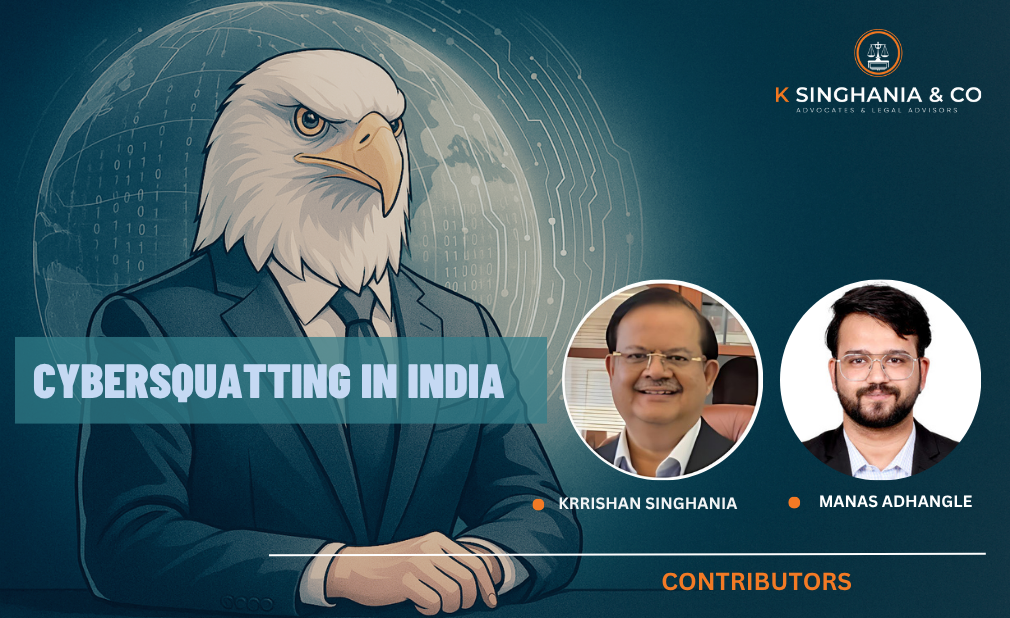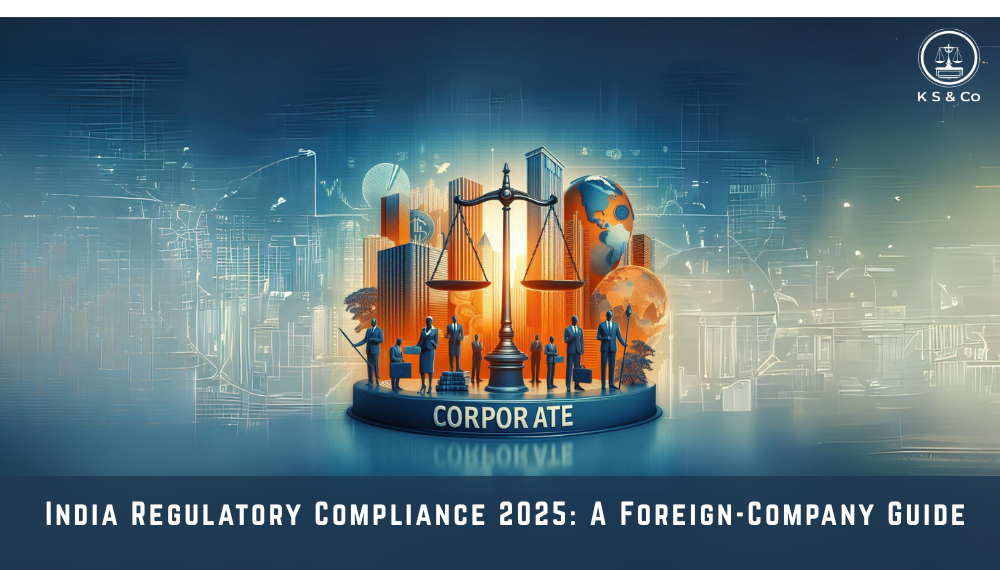CASE TITLE –
Super Cassettes Industries Private Limited Vs. RBEP Entertainment Private Limited and others COMMERCIAL IP SUIT NO.464 OF 2022
Along with
Hungama Digital Media Entertainment Private Limited Vs. RBEP Entertainment Private Limited and others COMMERCIAL IP SUIT NO.457 OF 2022
FACTS OF THE CASE –
Two suits were filed against RBEP Entertainment Private Limited. One was by Super Cassettes Industries Private Limited and the other was by Hungama Digital Entertainment Private Limited. MoU and an agreement was entered into by the defendant in both suits i.e. RBEP with Sugar Cassettes and Hungama Digital Entertainment Pvt. Ltd. As per the agreement the defendant was to assign to Sugar Cassettes 40% and Hungama Entertainment Pvt. Ltd. 20% of copyright in existing music titles held by RBEP and also unreleased future music titles. The agreement stipulated that RBEP cannot license or assign its right to any third party.
Later, the assignment agreement was entered between Super Cassettes and RBEP wherein Super Cassettes acquired the copyright and rights to promote the music of 6 films and 3 additional films by paying RBEP a specific amount.
A dispute arose when RBEP terminated the agreement, claiming that Super Cassettes had not paid the amount due under the agreement. The Defendants’ attorney issued a public notice stating that the rights to the films were “re-assigned” to RBEP after terminating the agreement. Later, the rights to these films were assigned to Zee Entertainment Ltd. by the defendants.
The plaintiffs in the two suits prayed for permanent injunction against the defendants from exploiting the copyrights in respect of which the plaintiffs claim proprietary rights on the basis of the Agreement and also assignment deeds executed by the defendant RBEP, independent of the Agreement.
ISSUE BEFORE THE COURT –
Can the termination of the Agreement result in the re-assignment of copyright?
JUDGMENT –
This question is important, especially considering that Section 19 of the Copyright Act requires a written document signed by the assignor or their authorized agent for such re-assignment to take place.
The Court addressed this issue and determined that simply giving notice about the termination of the Long Form Agreement does not automatically lead to the re-assignment of copyright to RBEP. The Court considered the significance of the written document requirement under Section 19, even though clauses 6 and 6.1 of the Agreement stated that the copyright would be re-assigned to RBEP upon termination. The Court emphasized on the specific phrase “copyright shall be re-assigned” and clarified that it does not mean “copyright stands assigned.” Therefore, the Court granted an interim injunction in favor of the plaintiff and concluded that even if the conditions in the clauses are met and there may be a pending claim for money, a separate re-assignment deed is still required to be executed.
K S & CO COMMENTS
While entering into a copyright agreement it is crucial to ensure that in case there is any violation of the clauses, the ownership of the copyrighted work remains with the creator. However, Section 19 of the Copyright Act requires that there has to be a separate written document. It is essential to acknowledge that the general principles of copyright law will prevail over any contractual arrangements. Thus in this case, the court has clearly stated that regardless of the copyright agreement in place, the conditions for assignment or re-assignment have to be specified.

CASE TITLE –
Global Music Junction Private Limited v. Annapurna Films Pvt. Ltd., 2023 SCC OnLine Del 17
FACTS OF THE CASE –
Global Music Junction Pvt. Ltd. (Plaintiff) is both, a production and distribution company for music and entertainment content. They entered into a production agreement with a renowned Bollywood actor/singer/dancer of the Bhojpuri Film Industry, Keshari Lal Yadav, for producing 200 songs with fixed exclusive rights for the Plaintiff. The parties later agreed to an addendum, wherein they temporarily revoked the exclusive rights of the plaintiff except in respect of the YouTube Channel ‘BlueBeat Bhojpuri’; however they were given a right of first refusal on any future use of his work by third party.
Later on, Keshari Lal himself terminated the agreement, which led to Global Music Junction Pvt Ltd filling a copyright infringement lawsuit against Annapurna Films and several media channels on YouTube LLC’s platform for using Lal’s songs under their own names without taking/giving any permission or authorization from them.
ARGUMENTS BY THE PLAINTIFF
The Plaintiff claimed that, the agreement should be upheld because it was a commercial contract and thus should be enforceable and legally recognized. Furthermore, they contended that since, they had been granted exclusive rights to all works created by Lal under the agreement, until he terminated it, their claim was not of specific performance, but instead dealt with an infringement of their copyright.
ARGUMENTS BY THE DEFENDANTS
The Defendants submitted that the Addendum was entered on the understanding that there would be no exclusivity between the parties, and the Artist would be free to work with third parties. The Defendants further mentioned that if the trust is broken between the parties, then regardless of who cancelled the contract, it will become null and void.
ISSUE BEFORE THE COURT –
- Whether the Defendant had any legitimate grounds for terminating the contract.
JUDGMENT –
This case was determined to be specific performance rather than copyright infringement because the execution was based on subjective factors or personal factors like trust between parties, which can be easily broken and thus cannot be enforced after it has been broken regardless of who initiated to break the trust. The court also pointed out that while Global Music Junction, had exclusive rights over all the works created/produced under the original agreement prior to its termination, they could not claim the same rights over the material that have not been yet created.
The court held that the plaintiff cannot claim any copyright upon the songs or content that will be created in the future, they cannot claim for any work that has not been created yet. Since, Global Music Junction Pvt Ltd., may claim for damages in their existing litigation and there is no balance in favor of issuing injunction, therefore they will not be granted any injunctive relief.
The Delhi High Court upheld its decision in favour of Keshari Lal Yadav and other defendants in this case. The contract in the present case was a ‘contract of service’ as mentioned in the Original Agreement. However, the contract being a commercial contract between the two private parties for mutual gain and benefit, it cannot be stated that the Artist could not terminate the aforesaid contract. The court finally held that “Once the parties have lost mutual trust and confidence in each other, the Court cannot grant an injunction compelling the Artist to continue with its contractual obligations with the plaintiff company.”
K S & CO COMMENTS
In the case of a contract of service, it is of utmost importance to recognize that the contract must be crafted in a manner that fulfills the rights and obligations of the individuals involved. A contract of service outlines the terms and conditions governing the employment relationship, defining roles, responsibilities and expectations of both the employer and the employee and in particular creation of IP & to whom it will belong. In case, the terms of contract of service are not met, the party should pay substantial compensation. There should be personal freedom and autonomy in contracts. It reaffirmed that contracts of a personal nature can be terminated and should not bind individuals perpetually.
 CASE TITLE –
CASE TITLE –
Shemaroo Entertainment Ltd. vs. Super Cassettes Industries Pvt. Ltd. & ors., 2023 SCC OnLine Bom 1148
FACTS OF THE CASE:
The Plaintiff (Shemaroo Entertainment Ltd) filed an application for a temporary injunction against the Defendants (Super Cassettes Industries Pvt. Ltd.) and sought direction to prevent copyright infringement of their films, alleging that the defendant illegally published audio-visuals of songs from the films on various YouTube channels without obtaining the necessary permission or license.
The plaintiff claims complete ownership of the copyright in 24 cinematographic films, particularly the audio-visual songs. They have various agreements executed by the entities, which assigned all the rights to the plaintiff. The producers of the films assigned their rights to the plaintiff through assignment deeds, thereby granting the plaintiff sole, exclusive, and absolute ownership of the films, including the negative rights. The plaintiff claims to have been exploiting these rights since 2006.
ARGUMENTS BY THE PLAINTIFF:
The plaintiff argues that the defendant’s rights are limited to the audio-visuals of the songs in the films and that the original producers never objected to the defendant’s use of these audio-visuals. Additionally, the plaintiff alleges that they granted a temporary non-exclusive license to another defendant to use some of the film’s content from May 1, 2014, to April 30, 2015. However, they also argue that the defendant continued to exploit the content even after the expiration of the license. The defendant later claimed to be the exclusive owner of all the copyrights, citing assignment agreements with the original film producers.
ARGUMENTS BY THE DEFENDANT:
The Defendants argued that they have sent a communication to Plaintiff stating that the owners/producers of the suit films have executed assignment agreements in its favour and thus it has all rights in the audio-visuals of the songs contained in the films. The Defendants also claimed that the plaintiff has not produced ‘link documents’ in respect of nine films of the suit films. The Defendants stated that they have been openly and continuously uploading audio-visuals of songs from the films in question since 2012, suggesting that the factors of delay, laches and acquiescence hold significance in this case and the injunction should not be considered by the court.
ISSUES
- Whether the court can grant injunction to the defendant to restrain the Defendants, from telecasting or publishing audio-visuals of songs of the films.
JUDGMENT
The Bombay High Court, denied the Plaintiff’s request for an interim injunction due to their failure to establish a strong initial case and provide relevant documents to prove their copyright ownership. The court rejected the plaintiff’s claim that the documents were voluminous and also rejected their assertion of copyright ownership for nine of the films in question. The court analyzed the clauses of the assignment deeds and noted that the use of the term “the said work” at the beginning of the assignment deed executed by the producers and the Defendants did not prove that the assignment solely concerned audio rights. Additionally, the court dismissed the plaintiff’s argument that only audio rights were granted to the first defendant for the remaining 15 films.
The Court also supported Defendants argument that the plaintiff delayed in bringing the matter to court, as Defendant had been exploiting the rights in the audio-visuals of the songs from the films since 2012, according to the plaintiff’s own submissions. After further communications, the plaintiff sent a cease and desist notice on 2019.
Therefore, the court held that the Plaintiff has not been able to make a prima facie case in its favor, the aspects of grave and irreparable loss being suffered in the absence of temporary injunction and balance of convenience is insignificant.
K S & CO COMMENTS
There are several loopholes that can arise when interpreting assignment agreements under copyright law. One common issue is the ambiguity in language and terminology used in the agreements. Another important factor to consider is to be vigilant and take prompt action when a breach of copyright occurs. By enforcing copyright infringement rights at the first instance, interim injunction can be obtained from the court and potential legal disputes in copyright matters can be avoided.

CASE TITLE –
RDB and CO. HUF v. Harpercollins Publishers India Private Limited, CS(COMM) 246/2021
FACTS OF THE CASE:
R D Bansal gave commission to Satyajit Ray to write the screenplay and directed the film “Nayak”. The Defendant (HarperCollins Publishers India Pvt. Ltd.) published the novel version of the original screenplay. The Plaintiff (RDB and Co. Hindu Undivided Family) represented by R. D Bansal claimed that the adaptation of the screenplay into a novel and its subsequent publication infringes on their copyright.
ARGUMENTS BY THE PARTIES –
Plaintiff’s Contentions:
The Plaintiff argued that as the producer of the film, they are the first owners of the copyright and as the story of the novel is identical to that of the film, the novel is effectively a copy of the film. They argued that according to Section 51 of the Copyright Act, the defendant is violating their exclusive rights. The plaintiff maintained that they possess the copyright for the film, along with all the connected rights that are derived from or associated with it. As a result, they sought a permanent injunction to prohibit the defendant from releasing and circulating the novel.
Defendant’s Contentions:
The Defendants submits that the copyright of the film vests with the Satyajit Ray under section 14 of the Copyright Act and there has been no assignment in writing given to the Plaintiff. They also argued that the right of the producer in the cinematographic film did not, extend to monitor or restrict the novelization of the work. They contested that if the literary work is converted into a film without license from the author of the work, it would be an infringement of the copyrighted work.
ISSUES RAISED BEFORE THE COURT:
Who owns the copyright in the screenplay of a film, if the author has been commissioned by the producer of the film to write the screenplay?
JUDGMENT –
The Court observed that Section 13(4) of the Copyright Act clarifies that the copyright in a cinematographic film does not affect the separate copyright in any individual work or a significant part of it that the film is based on. In simpler terms, if a film is made based on a portion or another work that has its own copyright under Section 13(1), the copyright of the film does not affect that separate copyright. Therefore, the plaintiff’s copyright in the film ‘Nayak’ is still valid.
As the original author of the screenplay of the film ‘Nayak,’ Satyajit Ray indisputably holds the copyright as per Section 17 of the Copyright Act, which states that the author of a work is its initial copyright owner. The Court concluded that Satyajit Ray, and subsequently his son or other successors, have the right to novelize the screenplay, and this right can be assigned or inherited under the provisions of the Copyright Act.
K S & CO COMMENTS
In this particular case, the court has provided distinction regarding the copyright ownership of the screenplay and script in relation to the film itself. It has been established that the authors of the screenplay will hold separate copyrights for their respective works, which are distinct from the copyright of the film as a whole. The adaptation of the author’s work into the cinematographic work will create another copyright. Thus, author cannot claim copyright over the film as their copyright was restricted to literary work only.
Disclaimer – We do not claim any proprietary rights on the photographs used in the newsletter. The photos have been taken from public sources and judgments.






